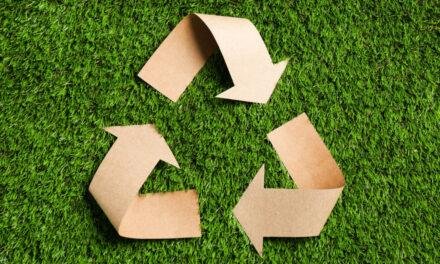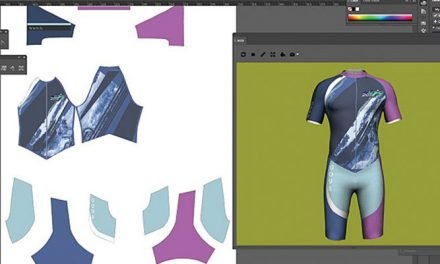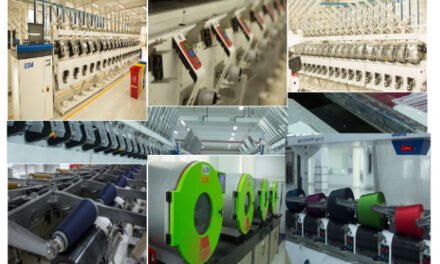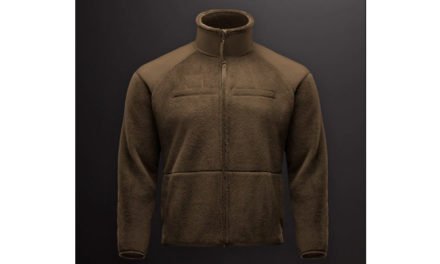Water scarcity affects more than 40 per cent of the global population, a number which is projected to rise. While about 2.5 per cent of the world’s water is fresh water, only 0.5 per cent of that is made available to satisfy society’s needs. Water is also an important resource for manufacturing and reducing water consumption through the deployment of sustainable production processes can be advantageous for both companies and the communities they operate in, as demonstrated by Ford’s water stewardship efforts. DNV GL and Paradigm Shirt are two more companies working to make responsible water consumption mainstream, with the launch of a new selfassessment tool and a line of sustainably produced T-shirts.
DNV GL and the United Nations Industrial Development Organization (UNIDO) have together developed a selfassessment tool to help textile companies evaluate the water footprint of their manufacturing processes. The information gathered from the assessment allows companies to make more informed decisions about how to manage water consumption in their supply chains.
“The textile processing industry is heavily dependent on water in virtually all steps of the production process, from desizing to bleaching and dyeing. It has one of the most extensive water footprints of all sectors,” said Smail Alhilali, Industrial Development Officer and Manager of the Global Resource Efficiency and Cleaner Production (RECP) programme at UNIDO. “That’s why we have developed this tool, which is a measure for textile companies to obtain a better understanding of their resource efficiency and insight into where they can reduce consumption.”
“DNV GL and UNIDO have a common interest in combating water scarcity and improving industry awareness of water-related risks and opportunities. This is an area where companies have a significant potential for improvement and we are pleased to use our combined expertise to help industries assess and reduce their water footprint,” added Antonio Astone, Global Sustainability Manager at DNV GL – Business Assurance.
The Global Network for Resource Efficient and Cleaner Production (RECPnet) will facilitate the use of the tool, which primarily targets small and medium-sized companies. It will guide companies on the use of the tool and interpretation of results. Meanwhile, French ethical, responsible and sustainable clothing brand Paradigm Shirt is gearing up to eradicate business-asusual attitudes in the apparel industry, officially launching on Indiegogo on September 5th. Inspired by the lack of truly sustainable options on the market, CEO Alexandre Coissard decided to take matters into his own hands and create a line of clothing that offered consumers a more responsible alternative.
Environmental and social impacts are considered at each stage of the supply chain, from the sourcing of materials straight through to purchase. The line is produced in Japan using sustainable production technologies and ethical working conditions. In lieu of traditional textiles, the T-shirts are made with polyester fabric derived from recycled plastic bottles. No BPAs or PVC are used during the production process and no water is used during the dyeing process thanks to the innovative AirDye technology. All of Paradigm Shirt’s products are certified by OEKO-Tex, an independent testing and certification system for textile products.
While reducing the environmental footprint of the textile and apparel industry is a major driver for Paradigm Shirt, the company is also focused on supporting non-profits working to drive a paradigm shift. Each T-shirt bears a unique design created in collaboration with a non-profit partner, such as water.org, PETA and the ManKind Project. Ten per cent of the proceeds from each purchase is redistributed to these organisations, putting ‘money back into the right hands.’
Paradigm Shirt is organising a global Indiegogo crowd funding campaign to raise funds that will allow it to launch the production of the T-shirts and grow the brand to include new products. The brand’s nine designs will be available as rewards.






















